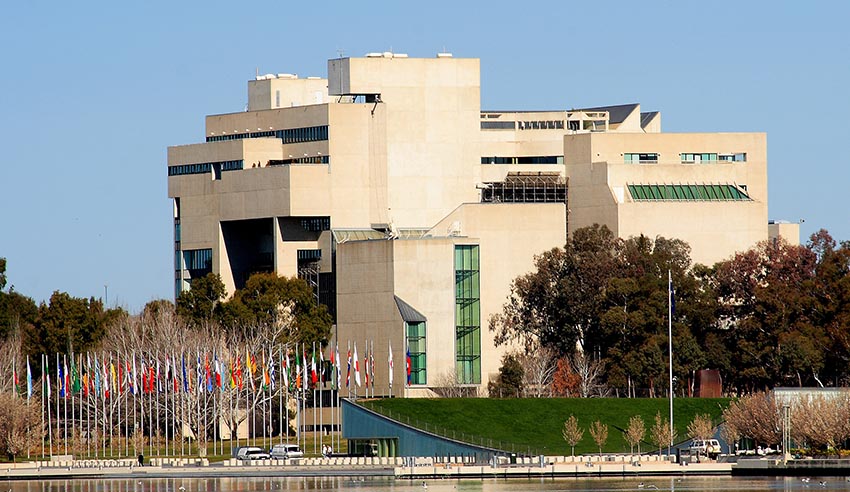A “landmark” trial began in the High Court of Australia yesterday, which will determine whether two men of Aboriginal descent can be considered ‘aliens’ under the constitution.

Maurice Blackburn Lawyers – together with the Refugee and Immigration Legal Service – are representing Daniel Love and Brendan Thoms, who were born in Papua New Guinea and New Zealand respectively. The pair have parents who are indigenous and Australian citizens, have each lived in Australia since an early age, have children who are Australian citizens, and both have “extensive Aboriginal Australian heritage”.
According to Maurice Blackburn senior associate Claire Gibbs, who is acting for the pair, this case must make clear that is it “unacceptable, under the constitution, for people who were clearly Australians to be subjected to the alien deportation powers”.
“In our view, it is morally wrong for the Commonwealth to try to remove our clients from Australia, when it is evident that, on any common sense measure, our clients are Australians,” she said.
“Our case is directed to showing that it is also unlawful. Our clients have a clear Aboriginal lineage, they each have an Aboriginal Australian parent, they have children who are Aboriginal Australians and they went to school and worked in Australia.”
It defies logic, Ms Gibbs continued, that her firm’s clients “who came here as kids, whose Aboriginality and strong connection to Australia is not in dispute”, should have ever been placed in immigration detention and threatened with removal from Australia.
“No one is seeking to defend the criminal behaviour of our clients. But, in their situation, the fact is they are now being punished twice. These men have served their time and instead of being released they were instead sent to immigration detention with the threat of deportation. This is not consonant with their multi-layered connections to Australia,” she posited.
“The case is not challenging the Commonwealth’s powers, in the appropriate case, to deport at their discretion people who meet the definition of an alien and have committed a criminal offence. Rather, the importance of this case stems from the fact that it addresses the constitutional limits of the ‘aliens’ power in the constitution and the threshold question of whether an Aboriginal Australian, born overseas to an Australian Aboriginal parent can, lawfully, be treated as an alien and subjected to those same deportation powers.”
Maurice Blackburn and RAILS’ case argues that they cannot be treated in this way, she submitted.
“This is an important point for which the need to be clarified extends more widely, as we know there are other Aboriginal Australians in a similar position to our clients,” she concluded.
Both Mr Love and Mr Thoms are also making a claim in the High Court for unlawful imprisonment.

Jerome Doraisamy is the managing editor of professional services (including Lawyers Weekly, HR Leader, Accountants Daily, and Accounting Times). He is also the author of The Wellness Doctrines book series, an admitted solicitor in New South Wales, and a board director of the Minds Count Foundation.
You can email Jerome at: